Members of the Drug Enforcement Administration (DEA)
[People News] In late October, a major piece of news that few mainstream outlets covered drew global attention — Zhang Zhidong, an Asia-based financial figure suspected of transnational money laundering and drug trafficking, was arrested in Cuba and extradited from Havana to the U.S. Department of Justice. The amount involved is said to reach $400 billion.
The report stated that this marked a major breakthrough in the Trump administration’s “Caribbean Anti-Drug Operation.”
In the same week, a U.S. aircraft carrier strike group entered the Caribbean Sea, while the U.S. Treasury Department and Drug Enforcement Administration (DEA) jointly announced a full-scale investigation into the flow of drug money in the Caribbean and Latin America.
But behind this operation lies something far deeper than a simple anti-drug campaign.
1. From Cambodia to the Caribbean: An Invisible Dark Network
Since the start of this year, U.S. law enforcement and intelligence agencies have launched a series of consecutive operations:
-
Early in the year: dismantled a major fraud syndicate in Southeast Asia;
-
Summer: assisted Thailand and Cambodia in signing a border security agreement;
-
Autumn: launched a “Maritime Anti-Drug Network” in Central and South America.
At first glance, these operations seemed scattered and unrelated.
Yet from a geopolitical perspective, they connect into an anti–money-laundering and anti-drug network stretching from Southeast Asia to Latin America.
Over the past decade, a complex “underground financial chain” has emerged between Asia and Latin America — a covert system involving gray funds, cryptocurrency, gold trade, and transnational ports.
The Zhang Zhidong case has exposed just the tip of this iceberg.
Compared with the previously exposed Chen Zhi case, Zhang’s network is far larger, more secretive, and more financially sophisticated.
His operations spanned gambling, real estate, virtual currency, and logistics, earning him the title of an “invisible giant of gray capital.”
He has now been transferred to a federal court in the eastern United States and may face multiple charges of transnational economic crimes.
2. Trump’s Strategic Logic: From Peripheral Cleanup to Central Restructuring
Observers often interpret Trump’s moves as impulsive or highly personal decisions.
But those familiar with his strategic thinking know he prefers to break through the periphery first, then close in on the core.
The Caribbean Sea is the “backyard” of North American security.
For decades, it has been considered a gray zone in global drug and black-money flows.
By deploying an aircraft carrier strike group, Trump is clearly signaling an intent to intimidate the entire underground economic network — and to set the stage for the upcoming Trump–Xi meeting.
This campaign serves three strategic purposes:
-
Financial purification — dismantling cross-border drug-money and laundering channels;
-
Political signaling — demonstrating that the U.S. will reassert leadership in the global anti-drug and anti–money-laundering system;
-
Strategic positioning — using the Caribbean as a hub to link Latin America and Southeast Asia into an anti–gray-finance alliance.
In other words, this is not just a drug enforcement action —
it is an international cleansing campaign that fuses financial and security objectives,
aimed at weakening the underground economy’s infiltration of the global system.
3. Cuba’s Role: A New Chess Move at the Eye of the Storm
Zhang Zhidong’s arrest in Cuba is particularly noteworthy.
Cuba has long been under international sanctions, yet remains one of the most crucial intelligence nodes in the Caribbean.
The extradition carried out by the U.S. indicates that Havana has begun to cooperate, to some extent, with Washington’s regional governance plan.
This may be the most groundbreaking aspect of Trump’s Caribbean policy —
shifting the approach from “isolating with sanctions” to “cooperating on anti-drug enforcement.”
If this strategy solidifies, it could reshape the entire geopolitical structure of Latin America.
4. The Financial Front Expands: From Drug Money to Digital Currency
It is noteworthy that the U.S. Treasury’s operation is not a standalone effort.
The FBI, Financial Crimes Enforcement Network (FinCEN), and the Financial Action Task Force (FATF) have all joined in.
A major focus is the investigation of gray channels linking cryptocurrency with drug funds.
Zhang Zhidong’s organization is accused of setting up offshore nodes on digital-asset exchanges and transferring massive sums through fake trade transactions and virtual currencies.
Such tactics make drug money harder to trace and push organized crime into an era of financialization and technological sophistication.
The Trump administration’s goal is clear — to cut off the main arteries of this “financial dark web.”
△

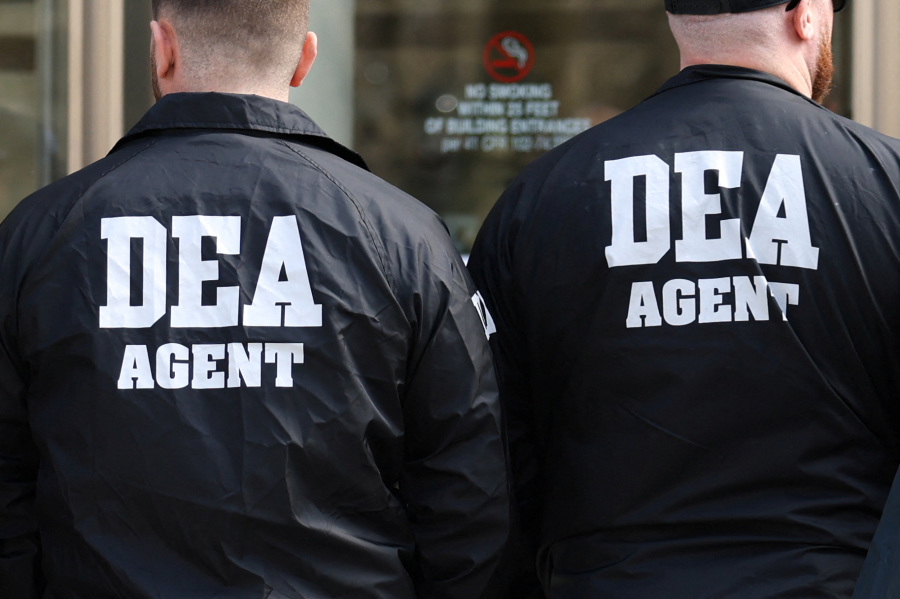


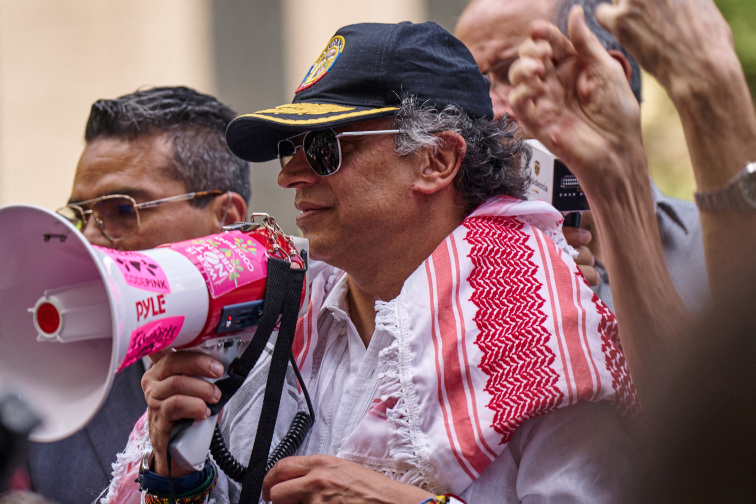
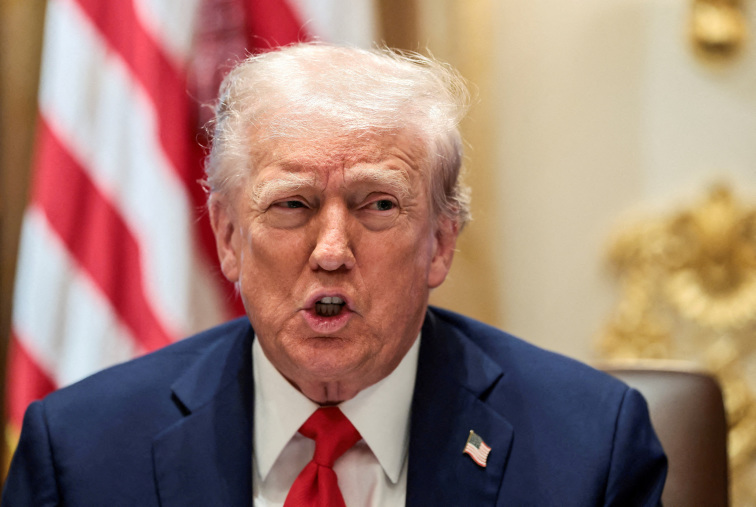


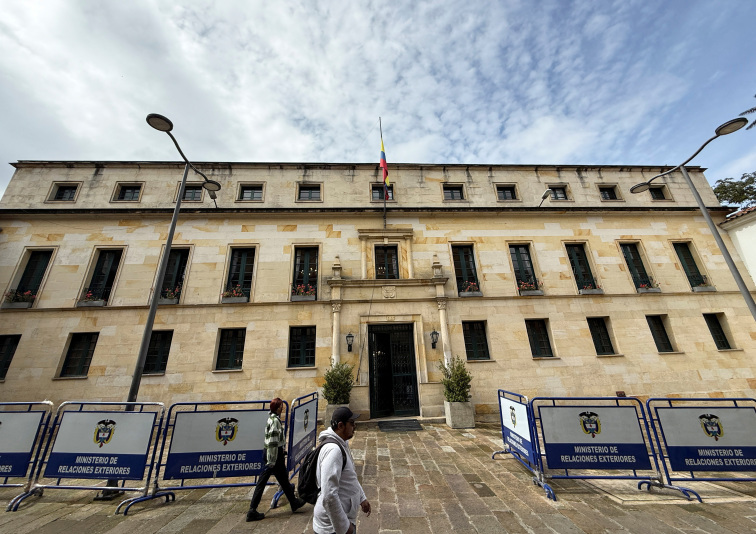
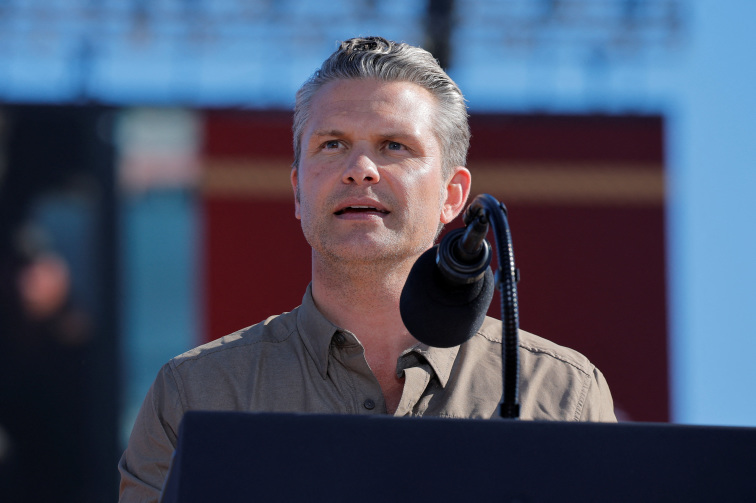

News magazine bootstrap themes!
I like this themes, fast loading and look profesional
Thank you Carlos!
You're welcome!
Please support me with give positive rating!
Yes Sure!